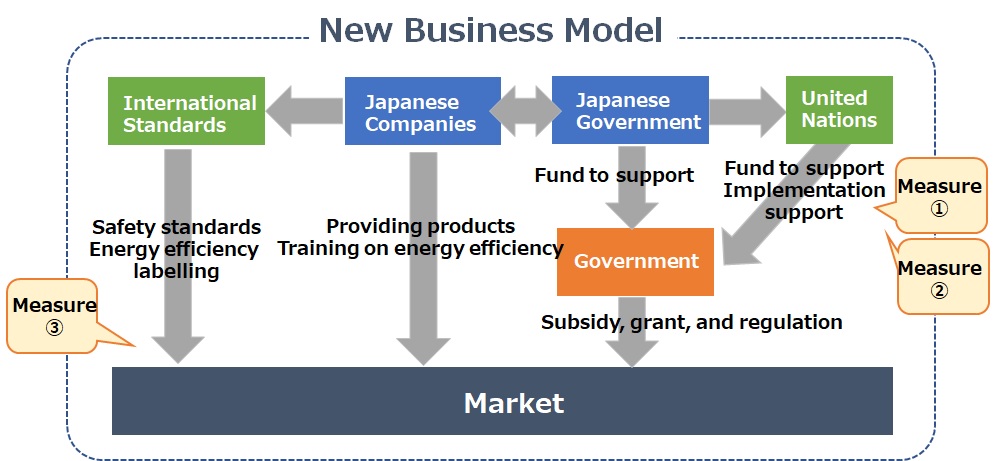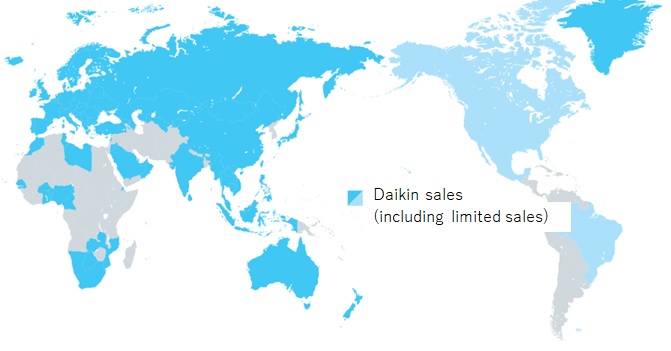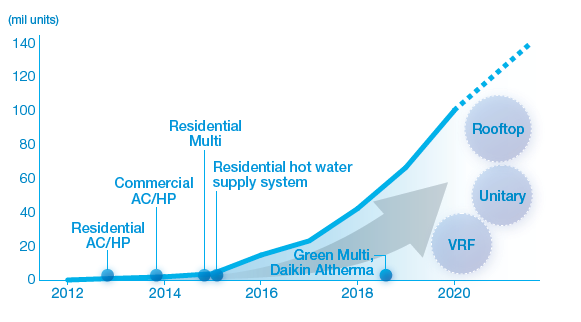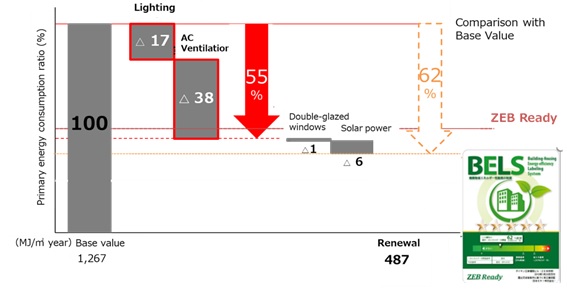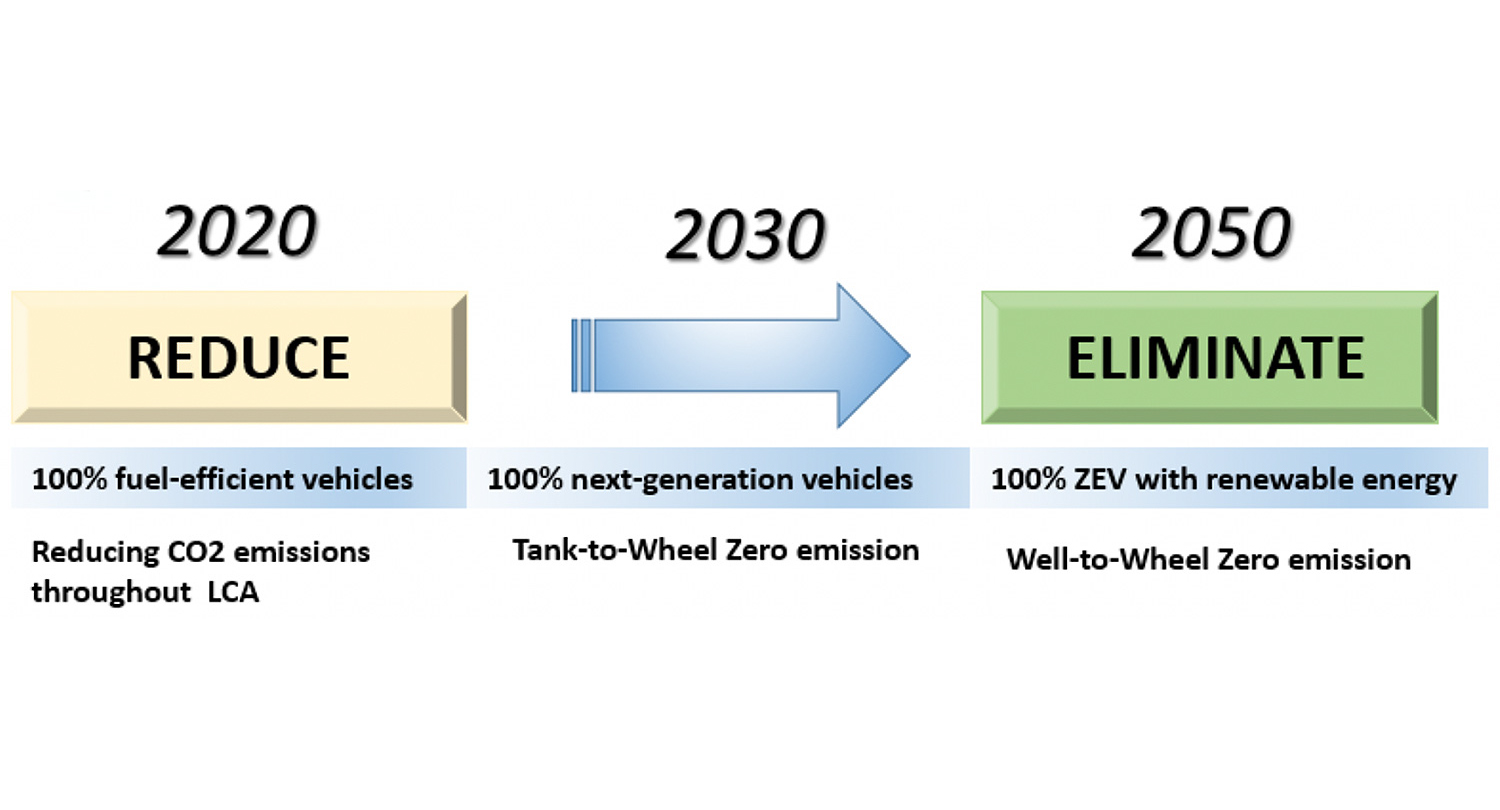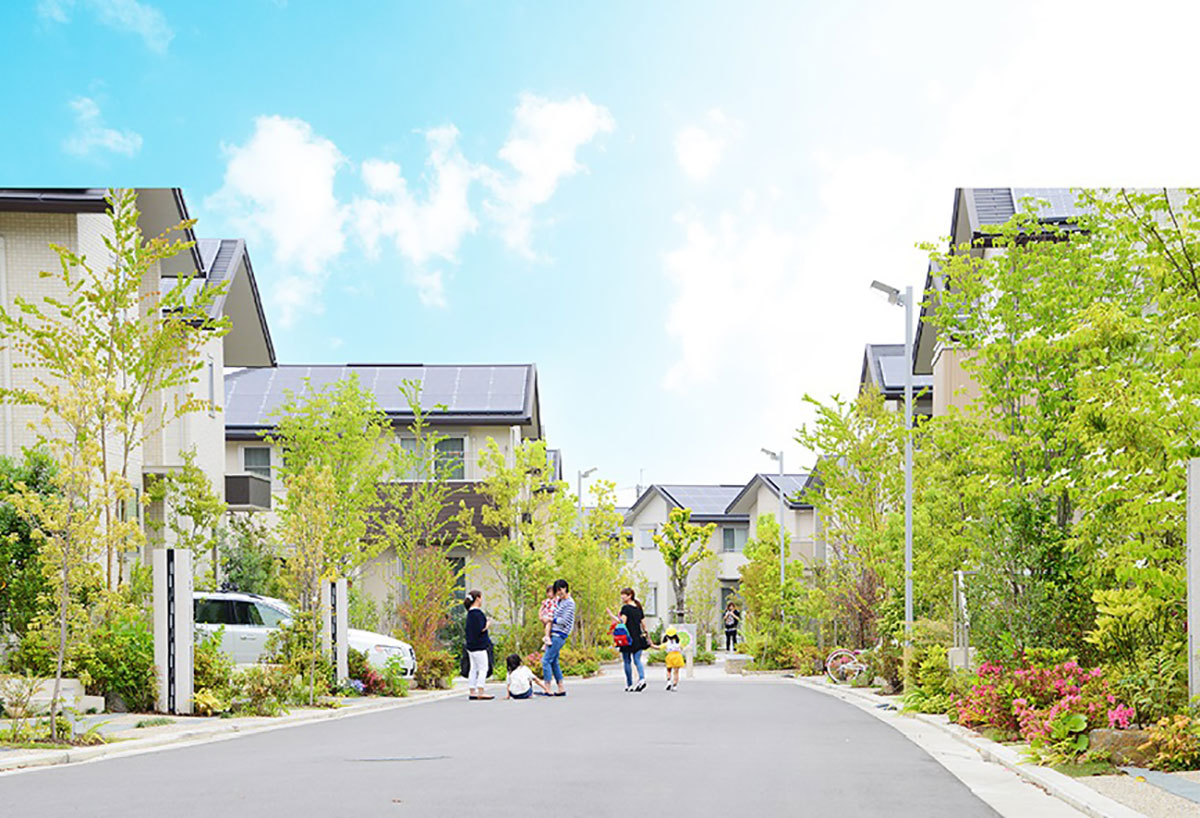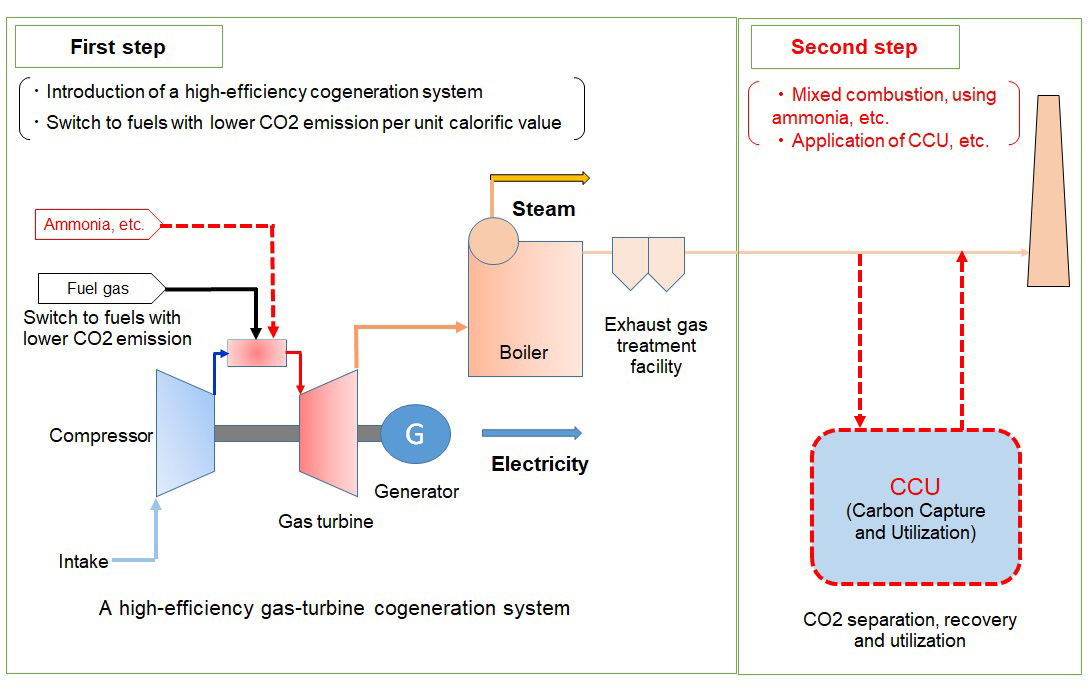Promotion of energy efficiency by spreading high efficiency HFC-32 air conditioner globally
Daikin Industries, Ltd.
Outline
Demand for air conditioners is expected to grow globally and is estimated to triple by 2050, according to the International Energy Agency (IEA). Increase in electricity use associated with the spread of air conditioners and refrigerants of them significantly influence climate change, which has become one of the global concerns.
We are striving to contribute to mitigate climate change impacts through “Promotion of energy efficiency by spreading high efficiency HFC-32 air conditioner globally.” In 2012, Daikin led the world by being the first company to commercialize air conditioners using HFC-32, a refrigerant having just one-third global warming potential (GWP). We will disseminate air conditioners which use HFC-32 refrigerant not only in the domestic market but also in the global market.
We are working on product development, expansion of distribution channel, and marketing activities. In addition, we are focusing on rule making through measures such as patent release, development of international standards and introduction of them in each country, and collaboration with international organization and NGOs. We are also developing engineers. Like these, we have established systems and business environment to spread our products, and as a result, as of December 2019, we have sold approximately 23 million units of HFC-32 air conditioners in more than 90 countries and regions, achieving the reduction of approximately 160 million tons of CO2 compared to business as usual scenarios.
Description
“New business model” - approach to emerging markets
In order to spread HFC-32 air conditioners globally, it is especially important to work with emerging countries where the air conditioning market is rapidly expanding. Daikin coordinated efforts with the Japanese government, UN organizations, and international organizations and appealed to the governments of emerging markets with the following three viewpoints.
Three measures and tangible activities (From actual results in India)
Measure 1: Policy proposals to countries ⇒ Promote conversion to refrigerant with high environmental performance
The effectiveness of high efficiency HFC-32 air conditioners in curtailing global warming was confirmed by local verification tests, and Daikin promoted the effectiveness of HFC-32 air conditioners to the energy and climate change policies of India by individual visits to local seminars and governmental agencies.
Measure 2: Technical support to the local industry ⇒ Understand the ease of conversion
Air conditioner installers and service technicians are essential for air conditioners to operate properly. To give them a firm understanding of the benefits of high efficiency HFC-32 air conditioners and ease of handling, Daikin performed 76 training sessions in 12 cities in India with the support from the Ministry of Economy, Trade and Industry (METI). Approximately 3,600 technicians were trained.
Measure 3: Support for preparation of standards for safety and efficiency ⇒ Improve safety and efficiency
To make the spread of high efficiency HFC-32 air conditioners sustainable, Daikin provided support in India to help convert international standards which maintain the safety and efficiency to national ones in India.
Daikin's sustained contribution from a technical perspective, such as active participation in the tasks of the government-led technical committee, resulted in adoption of the international standard for efficiency evaluation as the national standard used for inverter air conditioners in India and a new energy efficiency labeling system for inverter air conditioners was established.
Release of related patents
In addition to the above, as a measure to support the dissemination, in 2011 we offered free access to 93 patents for the application of HFC-32 equipment by other manufacturers, and in 2019 we pledged to offer free access to further 180 patents.
Dissemination of HFC-32 air conditioners in the world
With its global warming potential (GWP) that is one-third that of the conventional refrigerant, HFC-32 is an effective refrigerant as a countermeasure for global warming. Furthermore, utilizing the special characteristics of this refrigerant can significantly improve energy efficiency of air conditioners.
Daikin was the first to introduce air-conditioning and heat pump technology utilizing HFC-32, starting in Japan in November 2012. Since then, we have strived to expand the sales, and as a result, as of December 2019, we have sold approximately 23 million units globally. Many other manufactures are also using HFC-32, and together with them, approximately 100 million units of HFC-32 equipment are estimated to have been sold globally, achieving the reduction of approximately 160 million tons of CO2.*
Daikin formulated the “Environmental Vision 2050” which aims to reduce greenhouse gas emissions generated throughout the entire life cycle of our products to net zero in 2050. As one of the pillars of emission reduction measures, we will further promote air conditioners which use low GWP refrigerants globally.
* Compared to the scenario in which all presently used HCFC-22 and HFC-410A refrigerants are continued to be used.
Partner(s)
Japanese government, United Nations, and international organizations
Supplementary information
News release on January 19, 2016
Daikin Receives Minister and Chairman Prizes in Energy Conservation Grand Prizes:
VRV Series for Japanese Market and Worldwide Expansion of HFC-32 Air Conditioners Are Praised
https://www.daikin.com/press/2016/160119/
Other Innovation Challenges
Realizing Spread of ZEBs through Upgrading of Medium-sized Office Buildings
Daikin Industries, Ltd.
Similar Innovation Challenges
Achieve 2050 decarbonization target with Net Zero Energy House!
Sekisui House, Ltd.
Achieving net-zero emissions by promoting renewable energy use through both our monozukuri and products.
DAIWA HOUSE INDUSTRY CO., LTD.



